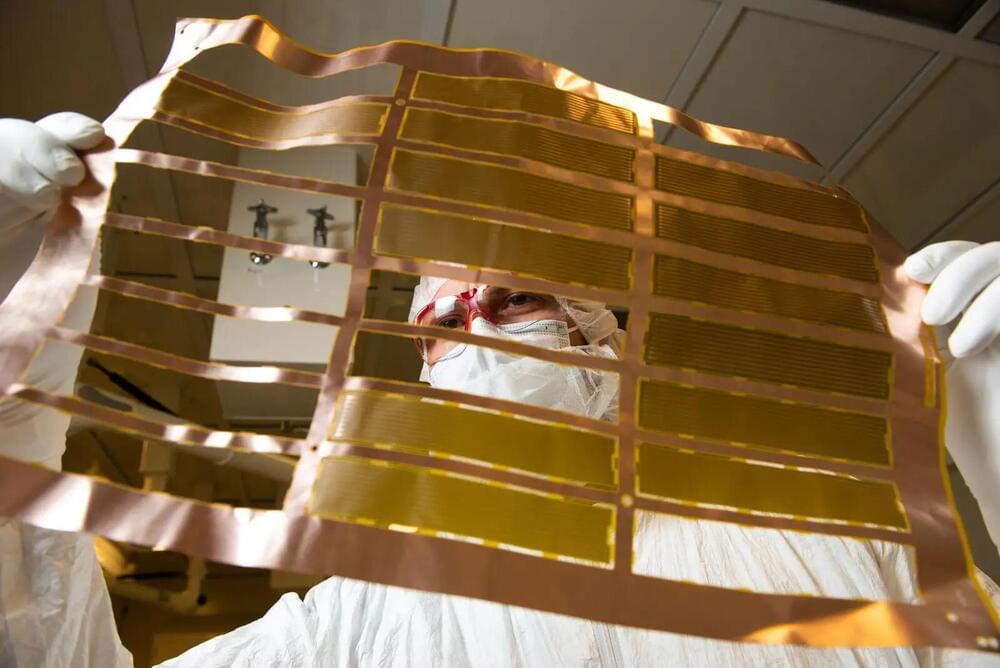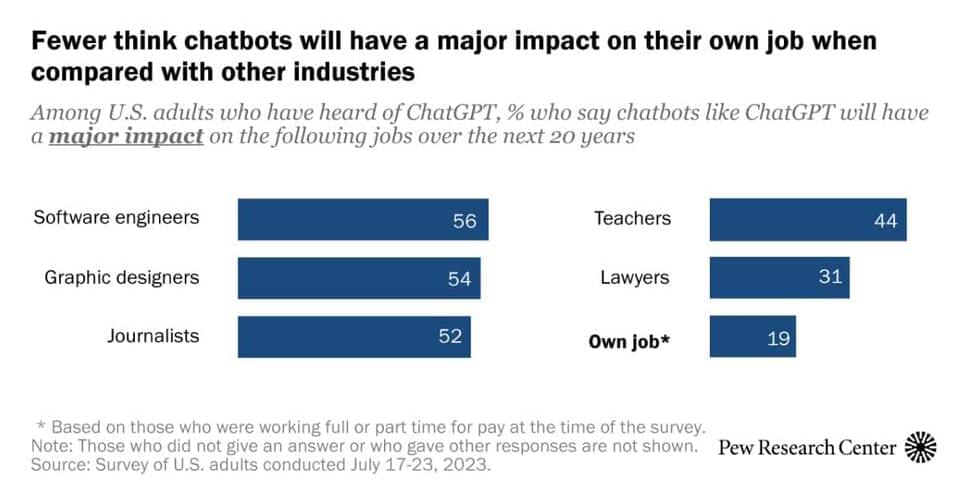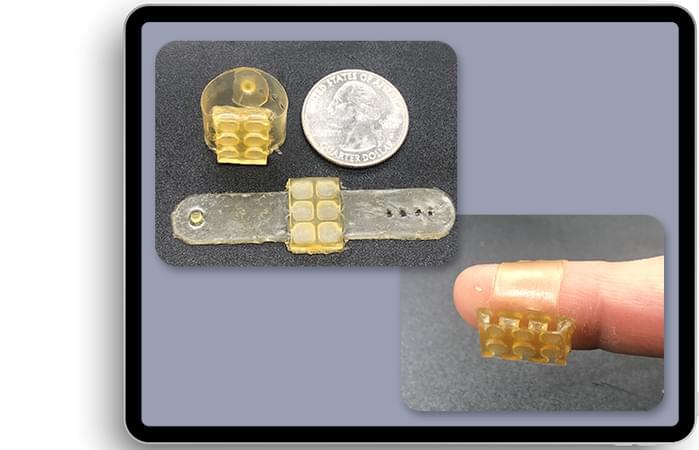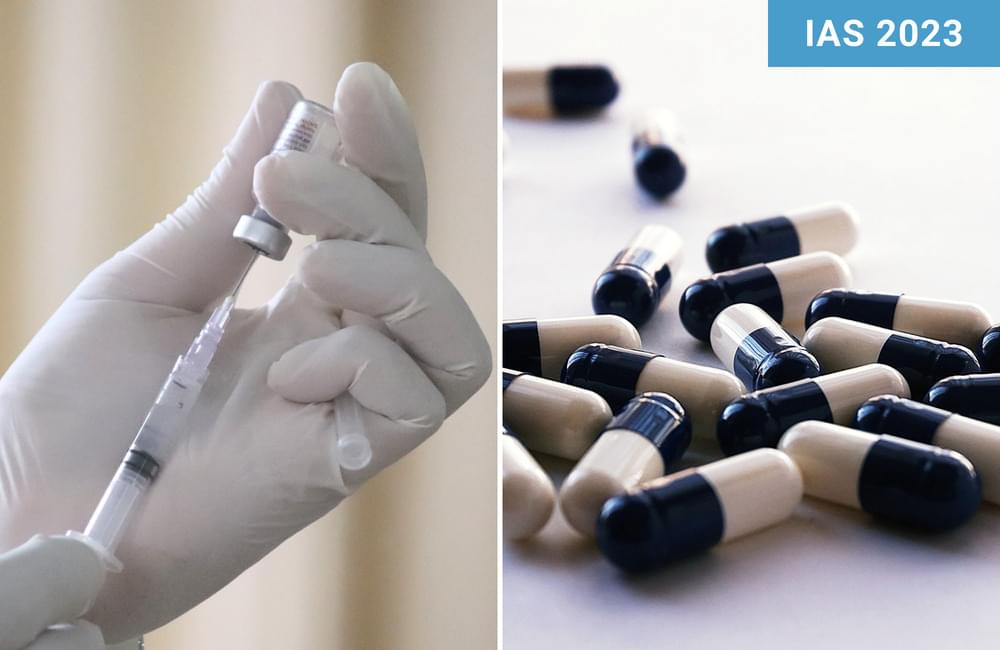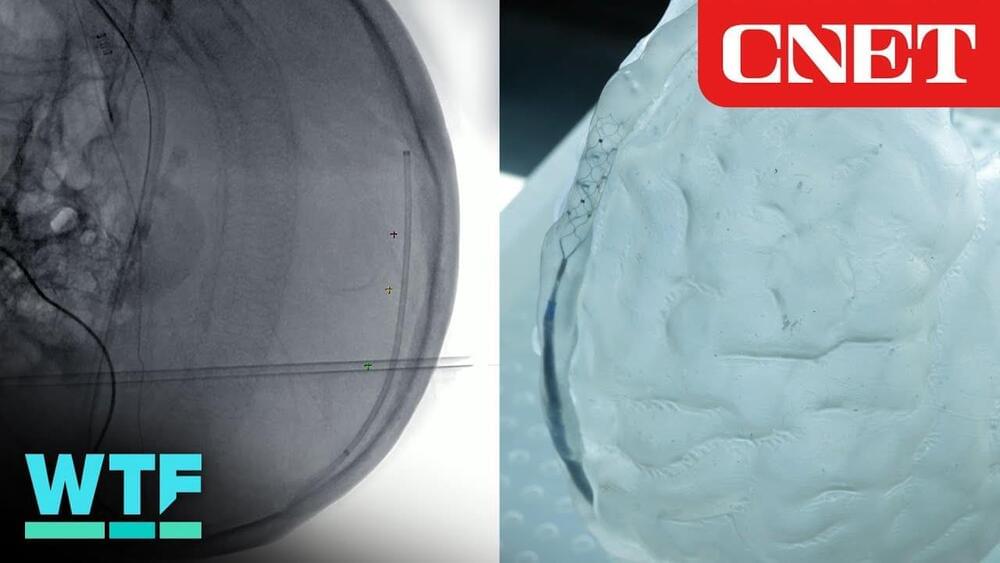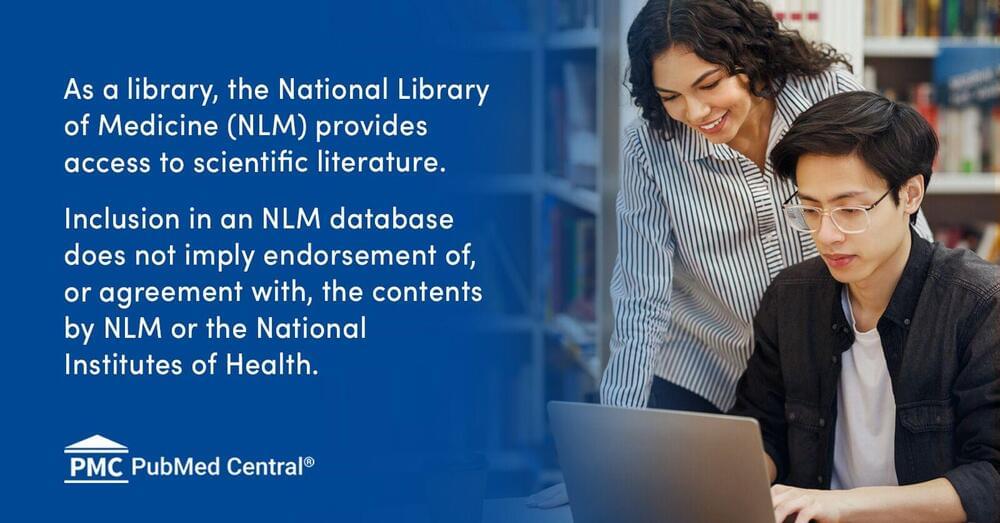Sep 25, 2023
Neutrinos & Dark Matter: How Ultra-Pure Cables Can Unlock Secrets of Physics
Posted by Saúl Morales Rodriguéz in categories: cosmology, particle physics
Imagine trying to tune a radio to a single station but instead encountering static noise and interfering signals from your own equipment. That is the challenge facing research teams searching for evidence of extremely rare events that could help understand the origin and nature of matter in the universe. It turns out that when you are trying to tune into some of the universe’s weakest signals, it helps to make your instruments very quiet.
Around the world, more than a dozen teams are listening for the pops and electronic sizzle that might mean they have finally tuned into the right channel. These scientists and engineers have gone to extraordinary lengths to shield their experiments from false signals created by cosmic radiation. Most such experiments are found in very inaccessible places—such as a mile underground in a nickel mine in Sudbury, Ontario, Canada, or in an abandoned gold mine in Lead, South Dakota—to shield them from naturally radioactive elements on Earth. However, one such source of fake signals comes from natural radioactivity in the very electronics that are designed to record potential signals.
